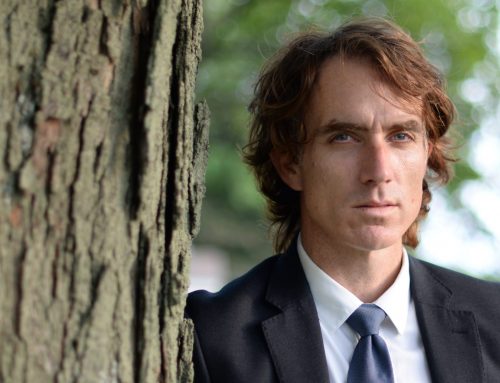Today was occupied by requests from participants to have 18 various non-commissioned police officers brought before the MCC to provide testimony. This is a continuation, in a way, from yesterday’s proceedings, where parties were making similar requests regarding various civilian witnesses. As I noted yesterday, this entire procedure is unusual, whereby the default position adopted by the MCC seems to be that there will be no witnesses called, except as something of a last resort, and they need to be convinced otherwise.
In the absence of the parties having had the opportunity to make opening statements, which would have otherwise been a way for the public to see what kind of approach each of the stakeholders was planning to take, these requests for witnesses are giving us a good sense of each parties’ interests.
In particular, the lawyers for the National Police Federation and the RCMP were consistently opposed to any police witnesses being called. In each case, they attempted to base their positions on the mandate of the MCC to be ‘trauma-informed’, and took the position that there should effectively be a blanket exemption for any officer who might be called to testify. To the extent that the police lawyers agreed that there were any gaps in the evidence (and such agreement was very limited) they said that statements given by the officers, or interviews the officers provided to Commission counsel, should suffice as evidence. If any questions remain after that, the police lawyers say those questions could be submitted in writing to those officers.
It is not clear how the Commissioners might address these requests. Commissioner Stanton (who, recall, has just released a book on alternative ways to conduct an inquiry) challenged Patterson Law’s Mr. Scott in particular on the question of how useful any new evidence might be, and suggested that Patterson lawyers had ample opportunity to help shape the Foundational Documents. Mr. Scott disputed that contention.
Before any of the individual officers were discussed, however, the question raised yesterday regarding the proposed expert, Dr. Nick Carleton from the University of Regina. The National Police Federation had wished him to be called to give expert testimony on the issue of the trauma officers experience when they are made to testify about cases they investigate.
It was quickly determined that Dr. Carleton was unlikely to be qualified as an expert. He had never been qualified as an expert before in court, and has not conducted his own studies in this area, but instead has simply done a review of studies done by others (what academics would call a “document review”).
His answer to the question as to whether he had been qualified in any court previously may alone have determined his fate in this matter. When he was asked by Rob Pineo whether he had been qualified as an expert before, he said “not to my knowledge”, which is always a red flag answer, and here all the more peculiar, since being considered an expert in court is usually a highly prized status for academics, and so unlikely to be forgotten.
After the Commissioners dispensed with Dr. Carleton, each potential police witness was discussed individually by the lawyers who wished to be heard. Mr. Scott spoke well about the need for witnesses from the broad perspective of the public interest, and Ms. Miller and Mr. Bryson were very effective in pointing out specific points that have not been covered by the existing statements, from the decisions by the first officers on scene to stay on foot, to the interactions with the children that had to wait two hours to be evacuated, to the discussions around containment options.
In all cases, the lawyers for the police said the questions could be answered in writing, or that the details may come in later Foundational Documents.
There are more police officers to be discussed. Two more ‘front line’ members, and six supervisors have been requested, but there was not time today to complete the submissions, and so that will continue on Monday next week. We can hope that the Commissioners will have a decision on at least some of the officers early next week. Their explanations for why they might allow certain witnesses to be called will be important to parse, to get a sense of how the months ahead will unfold.
As a final point, it was mentioned several times today that some of the officers are scheduled to participate in witness “circles” later in the MCC process. It has not been explained anywhere what exactly this might mean, other than that it will be done in groups. This is not a common inquiry procedure, though it was used in the NS Home for Coloured Children “Restorative Inquiry”, and is not uncommon in restorative justice scenarios. In the NSHCC inquiry, the circles were designed to allow people to “share space to talk and deliberate together”, in a way that “disrupts common adversarial assumptions” and “allows us to thing about connections and relationships”.
This may be of value in a sense, but is not something that is designed for finding of specific facts, and so I do not see this as an adequate substitute for having witnesses called to testify and be cross examined. Early next week, we will see if the Commissioners agree, and we will have a better sense of how they are going to deal with some of the contentious questions before them regarding witnesses.

